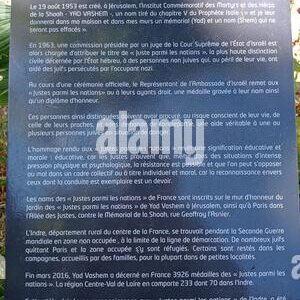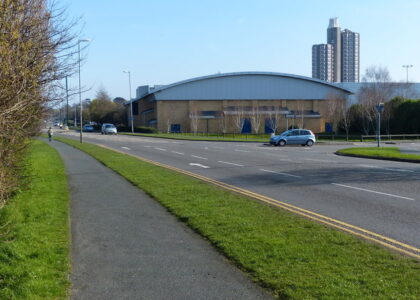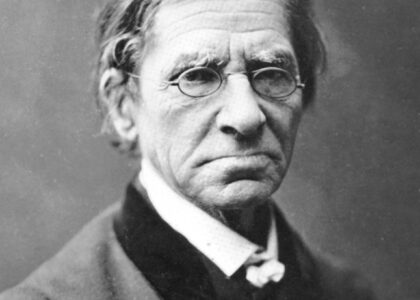Welcome to the Fries Historic Dam, an integral part of the town of Fries, Virginia. This landmark is not just a feat of engineering but a cornerstone in the history of this quaint town. The story begins in the early 1900s with Colonel Francis Henry Fries, a prominent cotton mill owner from North Carolina. Recognizing the potential of the New River’s power, Fries envisioned a thriving industrial community along its banks. In 1901, Fries initiated the construction of a dam at Bartlett Falls, transforming the landscape and setting the stage for what would become a bustling mill town.
By 1903, the Washington Mill was operational, boasting the most advanced technology of its time. This mill, powered by the dam, became the heart of Fries, employing hundreds and fostering a vibrant community. With the mill’s establishment, the town quickly expanded, featuring around 300 homes, a post office, a church, and a company store. This growth was not just physical; it was cultural as well, as Fries became a hub for music and community events.
The mill’s influence extended beyond economic prosperity. It became a cultural touchstone, contributing to Fries’ rich musical heritage. The town is renowned for its annual music festivals, celebrating bluegrass and old-time music, a testament to the enduring spirit of the community.
Despite its success, the mill faced challenges in the late 20th century. With increased global competition and a need for modernization, the mill eventually closed in 1989, marking the end of an era. However, the legacy of the mill and the dam it powered lives on, reflected in the community’s resilience and its ongoing cultural celebrations.
As you stand before the Fries Historic Dam, imagine the bustling activity of a town built on innovation and hard work. This dam is more than just a structure; it’s a symbol of a community’s rise, adaptation, and enduring spirit.






